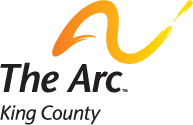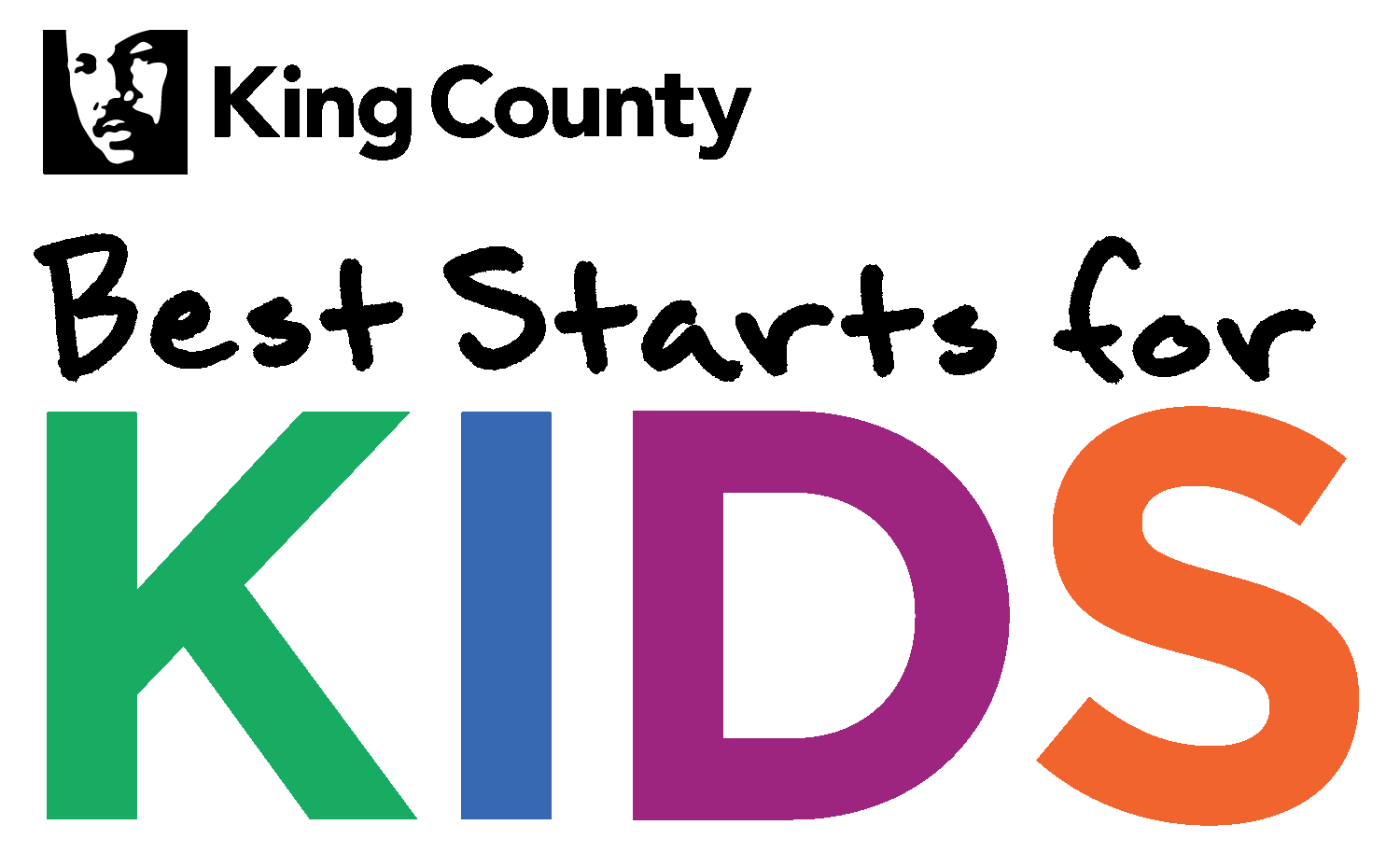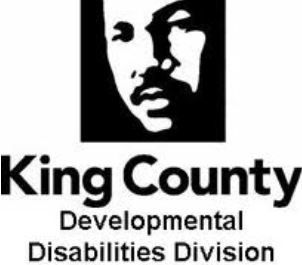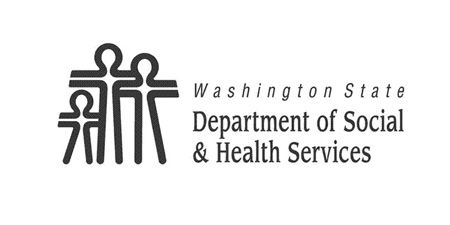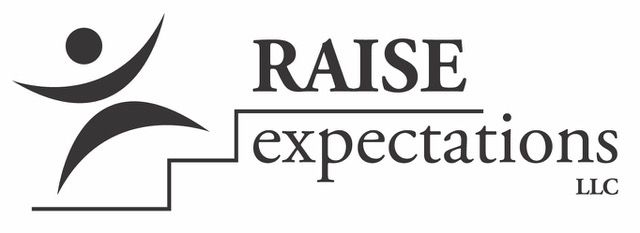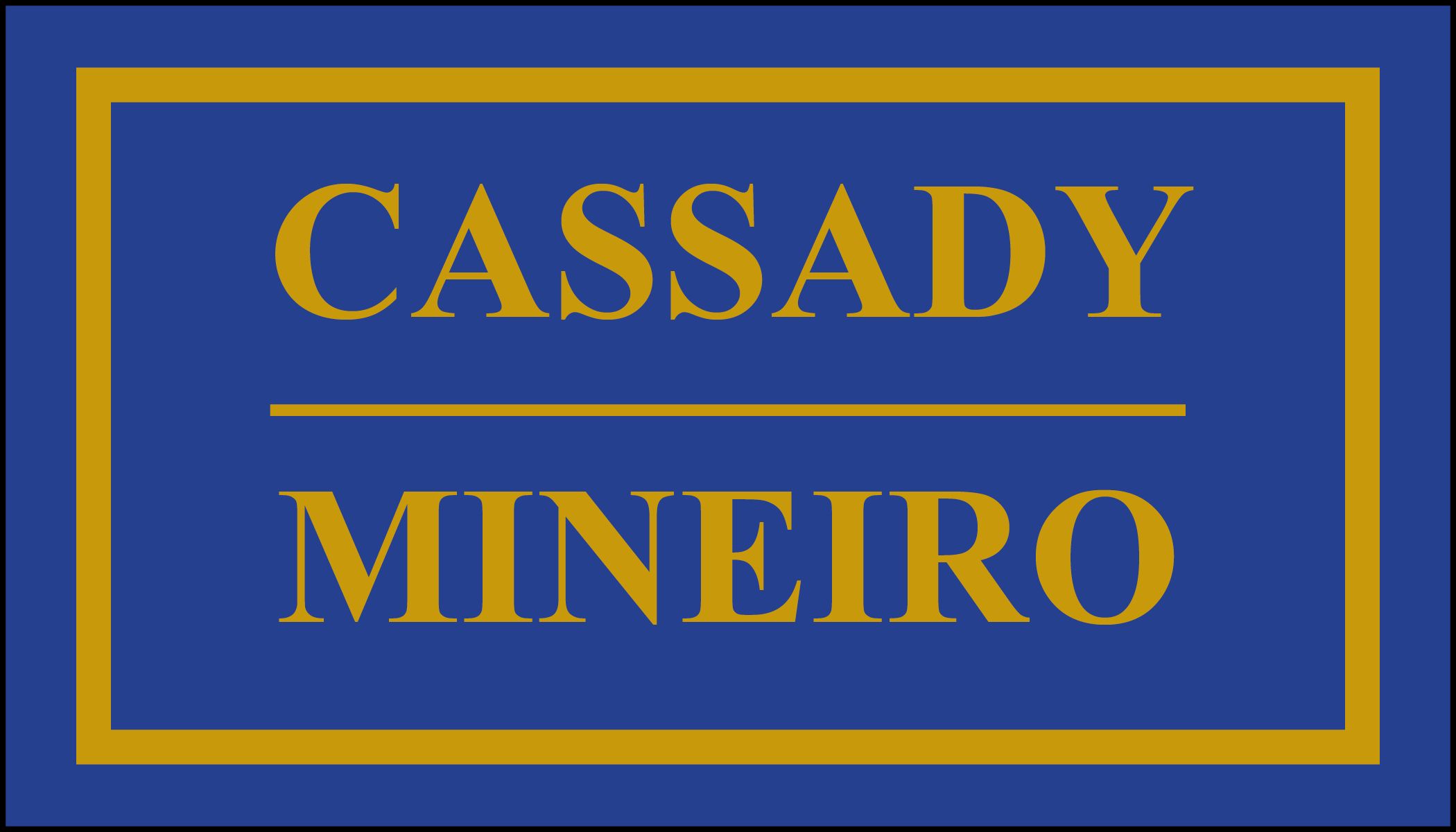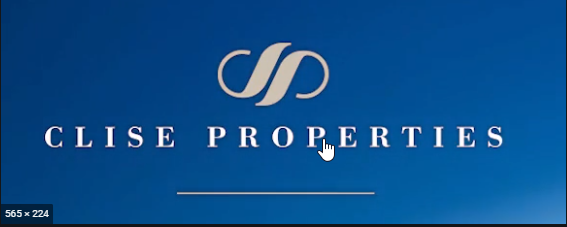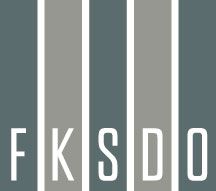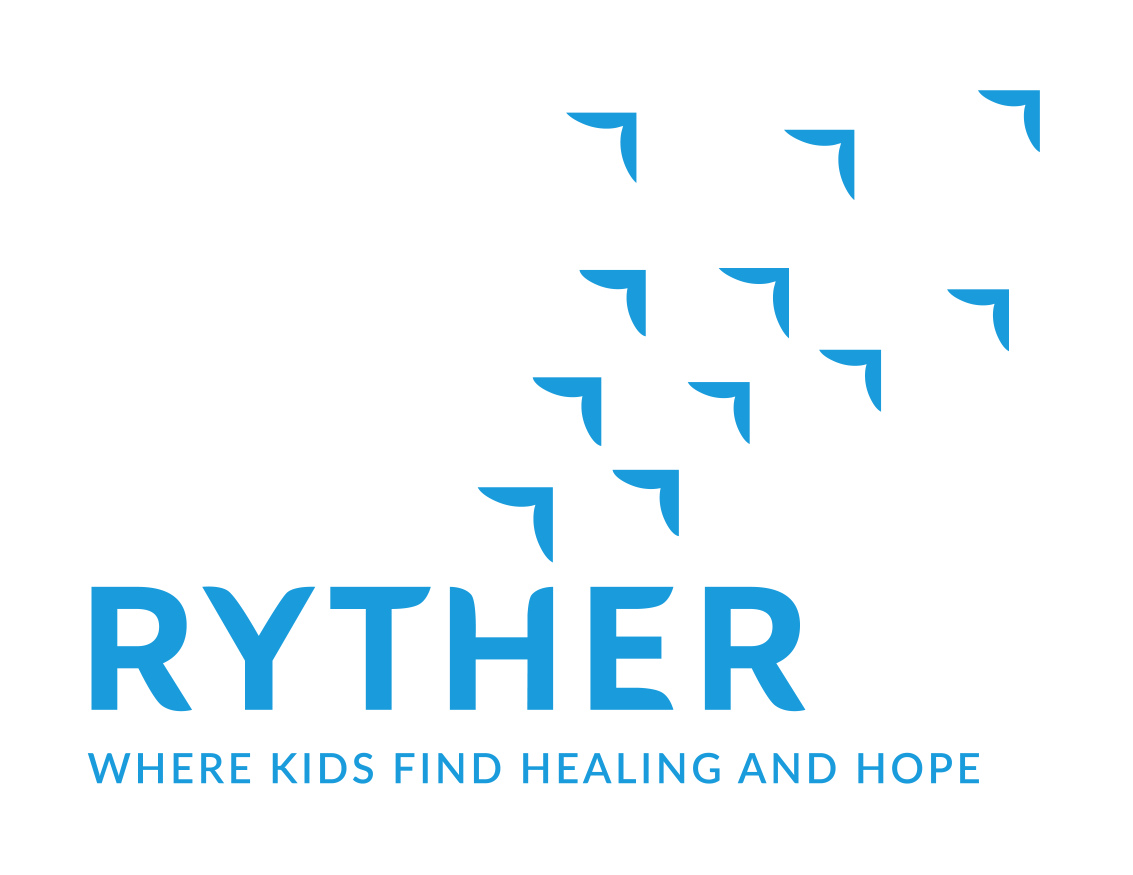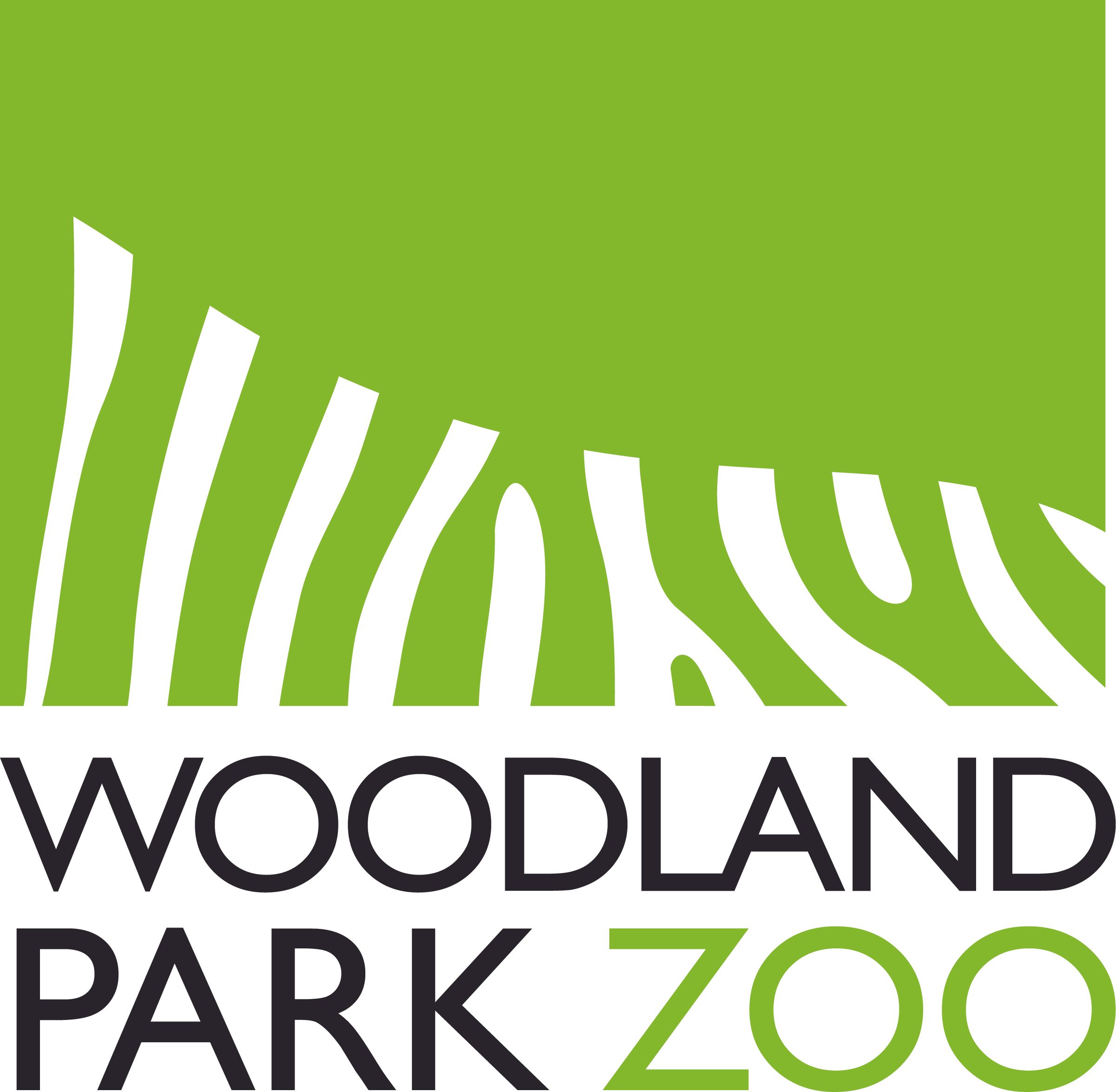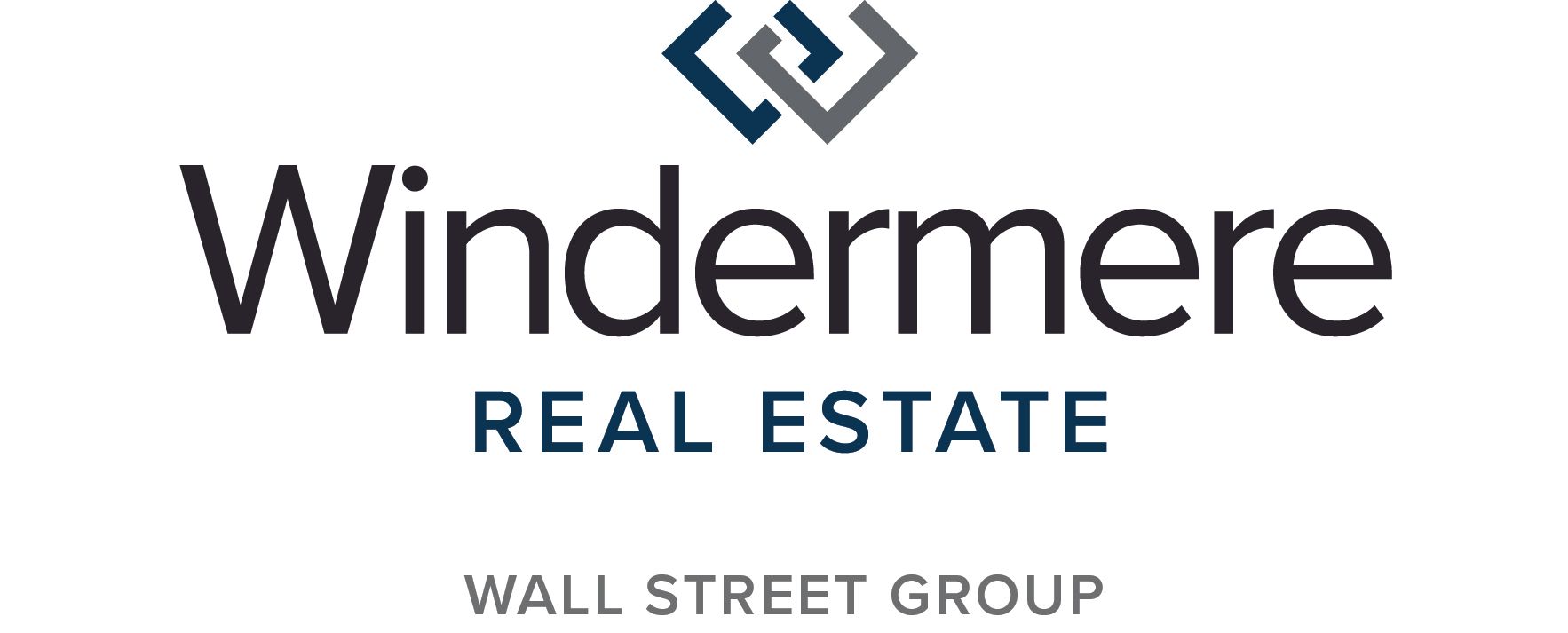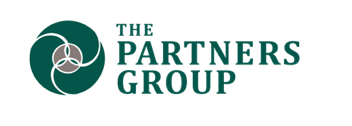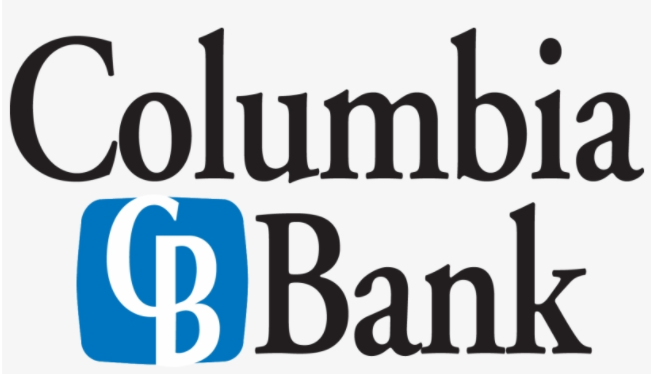Disability Resources & Services Presentations: Training and Presentation Catalogue
Below you’ll find a training catalogue for professionals serving people with Intellectual and Developmental Disabilities (IDD). The Arc of King County offers training on any of these topics and can occasionally create training covering multiple topics with reasonable advanced notice.
The Arc of King County provides trainings to non-profits in King County for free. We additionally provide training at a fee to for-profit companies and non-profits located outside of King County, Washington.
To inquire about any of our trainings, please reach out to The Arc of King County at ask@arcofkingcounty.org
1. Overview of Services Provided by The Arc of King County & Parent to Parent -- Explore howhow we, The Arc of King County and Parent to Parent can support each individual with disabilities and their families. (Average 90 minutes)
Read more here about the Parent to Parent: https://arcwa.org/parent-to-parent/
Available in Spanish
Cost range: 525 to 575
*For clarification on expected cost and general cost and fee structure, please see here
2. Overview of Resources for Children and Adults with disabilities and their Families – Explore the resources and services available to people with IDD and their families, including DDA, SSI, Respite Care, Personal Care, The Arc and P2P. (Average 120 minutes)
Available in Spanish
Cost range: 700-800
*For clarification on expected cost and general cost and fee structure, please see here
3. Special Education Info and Advocacy – General overview of special ed and ways to engage with your child’s education more effectively throughout the school year We additionally offer this training with a ‘dispute resolution focus’ and/or with a focus on ‘working with an IEP team’, taking a deep dive into the options available when a family is in dispute with the school team. We deliver this content to both parents and professionals who support parents of child with disabilities. (Average 120 minutes)
Available in Spanish
Cost range: 700-750
*For clarification on expected cost and general cost and fee structure, please see here
4. Supporting Spanish Speaking Families with Disabilities – The Arc of King County staff share best practices and strategies when supporting families with intellectual and developmental disabilities who are Spanish-speaking. (Average 90 minutes)
Available in Spanish
Cost range: 525-555
*For clarification on expected cost and general cost and fee structure, please see here
5. DDA: Who, What, Why, When, & How – An overview of the Developmental Disabilities Administration, including who should apply, how to apply and why! This training covers eligibility, “no paid services” list, Community First Choice, and waivers. (Average 120 minutes)
Available in Spanish
Cost range: 700-750
*For clarification on expected cost and general cost and fee structure, please see here
6. Overview of Guardianship and Alternatives to Guardianship – An exploration of Supported Decision-Making options, as well as step by step instructions for how to apply for guardianship. (Average 120 minutes)
Available in Spanish
Cost range: 700-750
*For clarification on expected cost and general cost and fee structure, please see here
7. Supporting parents of youth with IDD- Parents of youth with IDD require specialized support - This presentation explores the needs of parents raising children with IDD, and how professionals can meet those needs in a compassionate and culturally appropriate way. (Average 90 minutes)
Available in Spanish
Cost range: 525-575
*For clarification on expected cost and general cost and fee structure, please see here
8. Healthy Sexuality for Direct Support Professionals - It is a 90-minute training that prepares DSPs to support their participants' relationships and sexuality. The training covers how sexuality and disability affect each other, how to maintain safe and professional relationships with participants, how to set boundaries and handle differences in sexual values, and how to confront inappropriate sexual behavior.
- For the 90-minute training focused on DSPs: This training is approved for 1.5 CEUs for Washington state DSHS/DDA Certified Community Residential Service providers.
- For the 2-hour training focused on LGBTQIA: This training is approved for 2.0 CEUs for Washington state DSHS/DDA Certified Community Residential Service providers.
9. Promoting Healthy Sexuality of People with IDD - This training helps families, friends, and professionals supporting people with IDD support healthy relationships and sexuality. The training covers how sexuality and disability affect each other, how to maintain safe and professional relationships with participants, how to set boundaries and handle differences in sexual values, and how to confront inappropriate sexual behavior. (Average 90 minutes)
Available in Spanish
Cost range: 525-575
*For clarification on expected cost and general cost and fee structure, please see here
10. LGBTQ+ and Intersection of Disability - This training for professionals or self-advocates is a broad overview of the LGBTQ identity and disability intersect to each other, and how to be respectful to its members. We cover a brief overview of queer history in America, define various sexualities and gender identities, discuss how to use they/them pronouns, and examine the intersection of the disability and LGBTQ communities. Throughout the training there are opportunities for self-reflection on how to apply the training to participants' own lives. (Average 90 minutes)
Cost range: 525-575
*For clarification on expected cost and general cost and fee structure, please see here
11. Care for Transgender and Autistic Folks - This professional training covers the overlap of autism and transgender, non-binary, and gender variant identities, including background and history, creating treatment plans, and consent for medical transition. This training is ideal for social workers, therapists, psychiatrists, and medical professionals. (Average 90 minutes)
Cost range: 525-575
*For clarification on expected cost and general cost and fee structure, please see here
12. Supporting Neurodivergent Employees - Neurodivergent Employees can be a great asset to any organization that has the right policies, practices, and organizational culture. This training is a great first step if your organization is interested in starting conversations about inclusive practices.
Topics include:
- What is Neurodiversity?
- Models of Disability
- What is Oppression/Ableism
- Neurodiversity and Support Needs
- Intersectionality
- Tips to create supportive environments.
(Average 90 minutes)
Cost range: 1050-1150
*For clarification on expected cost and general cost and fee structure, please see here
13. Autism: The Basics - Are you an organization that has Autistic employees? Or a school looking to better support Autistic students? Or any organization interested in learning? If so, this presentation will help start the process of understanding what Autism is, how it can create different needs and how to better support Autistic people of any age. This training can be modified based on your organization's needs and was created by Autistic people.
- Topics include:
- What is Autism?
- How does someone get an Autism Diagnosis?
- Respectful Language
- Models of Disability
- Intersectionality
- Executive Functioning
- Autistic Burnout and Trauma
- Sensory Differences
- Social Differences
- Inclusive and Accommodating Practices.
(Average 90 minutes)
Cost range: 1050-1150
*For clarification on expected cost and general cost and fee structure, please see here
14. Disability and Housing - An overview of housing options for people with Intellectual and Developmental Disabilities. (Average 90 minutes)
Available in Spanish
Cost range: 525-575
*For clarification on expected cost and general cost and fee structure, please see here
15. Supported Living Services: Who, What, Where, When, How - This training covers an overview of what Supported Living Services are, eligibility, service assessments, navigating and advocating within services, and what to do when services aren’t working for you. (Average 90 minutes)
Available in Spanish
Cost range: 1050-1150
*For clarification on expected cost and general cost and fee structure, please see here
16. Collaborating with Families/Guardians in Supported Living - Understanding the experiences and perspectives of parents/guardians, and ways to work as a team with parents/guardians. This training also covers cultural considerations within Supported Living services. (Average 90 minutes)
Cost range: 1050-1150
*For clarification on expected cost and general cost and fee structure, please see here
17. Cultural Competency & Working with Immigrant Families - This training covers ways to support families who are immigrants in a culturally relevant way. (Average 120 minutes)
Available in Spanish
Cost range: 700-750
18. Supporting Augmentative and Alternative Communication (AAC) Users - Do you know what AAC is? Supporting an AAC-user can be tough. In this session, Jae Kim addresses how to best support AAC-users, providing tips and strategies that can be easily incorporated into any daily routine. We discuss how communication is not just about verbal speech, and tablets are not just for playing games. AAC provides options and opportunities for everyone to be a communicator. (Average 90 minutes)
Cost range: 525-575
*For clarification on expected cost and general cost and fee structure, please see here
19. Disability is Diversity: Disability is a form of diversity so often left out of equity and social justice conversations. Join us as we explore how biases impact our words and the way we treat people with disabilities. If you have a disability, or know, love and work with people with disabilities, you don't want to miss this critical conversation. (Average 90-120 minutes)
Topics include:
- Disability Rights is Civil Rights
- Respectful Language
- The Different Forms of Disability
- The Models of Disability
Available in Spanish
Cost range: 525-1500 (Varies between 1-2 presenters)
*For clarification on expected cost and general cost and fee structure, please see here
20. Effective Communication with People who have Intellectual or Developmental Disabilities: Effective Communication is critical when working with people who have intellectual or developmental disabilities. Knowing what practices and strategies are effective makes the difference between true inclusion or segregated practices. This training covers the basics of what developmental disabilities are, as well as how to connectinteract with people with ID/DD on an individual level. (Average 90-120 minutes)
- Topics include:
- Respectful Language
- Models of Disability
- Quickly Recognizing DD
- General Characteristics of DD
- Strategies for Effective Communication
Cost range: 525-750
*For clarification on expected cost and general cost and fee structure, please see here
